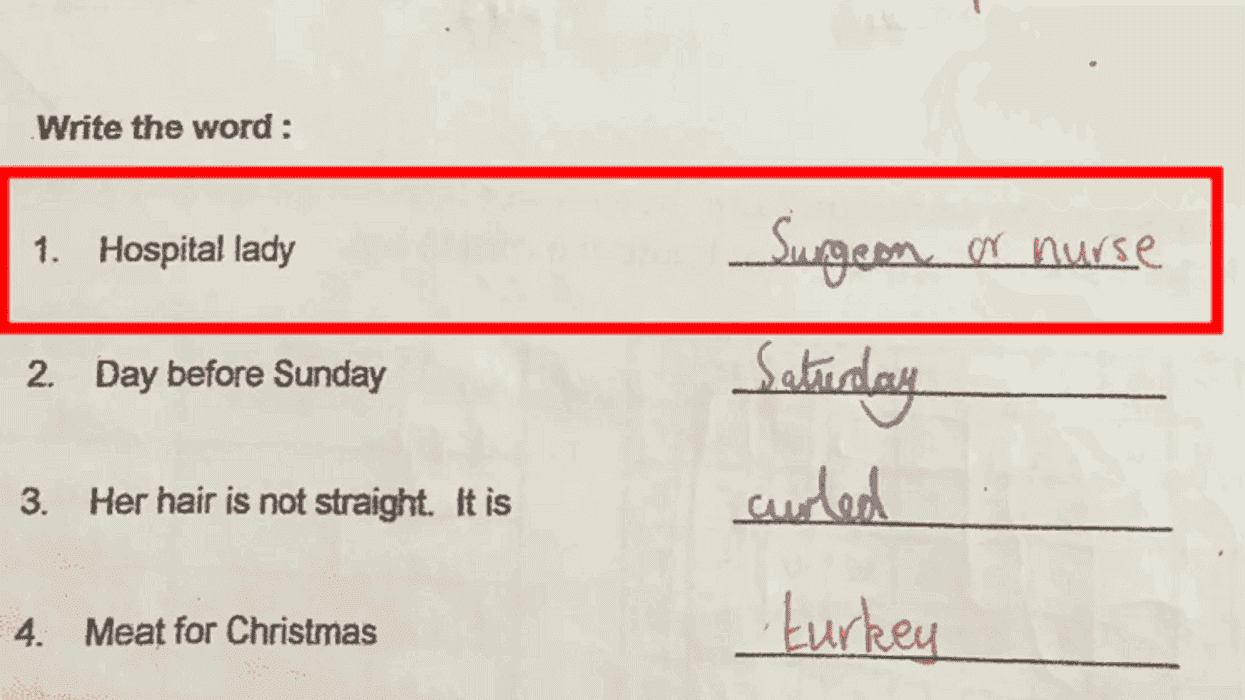Nine-year-old Riley Morrison from Napa, California is a huge basketball fan. She roots for the Golden State Warriors and her favorite player is four-time NBA champion Steph Curry. Morrison loves to play basketball so she went online to pick up a pair of Curry's Under Armour Curry 5 shoes, but there weren't any available in the girls' section of the site.
But instead of resigning herself to the fact she wouldn't be able to drive the lane in a sweet pair of Curry 5's, she wrote a letter to the man himself. Her father posted it to Instagram.
My name is Riley (just like your daughter), I'm 9 years old from Napa, California. I am a big fan of yours. I enjoy going to Warriors games with my dad. I asked my dad to buy me the new Curry 5's because I'm starting a new basketball season. My dad and I visited the Under Armour website and were disappointed to see that there were no Curry 5's for sale under the girls section. However, they did have them for sale under the boy's section, even to customize. I know you support girl athletes because you have two daughters and you host an all girls basketball camp. I hope you can work with Under Armour to change this because girls want to rock the Curry 5's too.
“I wanted to write the letter because it seems unfair that the shoes are only in the boys' section and not in the girls' section," Riley told Teen Vogue. “I wanted to help make things equal for all girls, because girls play basketball, too."
The letter got to Curry and he gave an amazing response on Twitter.
Many might be surprised that a megastar like Curry took a nine-year-old's letter seriously, but he’s long been a vocal supporter of women’s issues.
Last August, Curry wrote an empowering letter that was published in The Player's Tribune where he discussed closing the gender pay gap, hosting his first all-girls basketball camp, and what he's learned from raising two daughters.
In the essay he shared a powerful lesson his mother taught him. “Always stay listening to women to always stay believing in women, and — when it comes to anyone's expectations for women — to always stay challenging the idea of what's right," he wrote.
Curry clearly practices what he preaches because when a nine-year-old girl spoke up, he was all ears.
This article originally appeared six years ago.





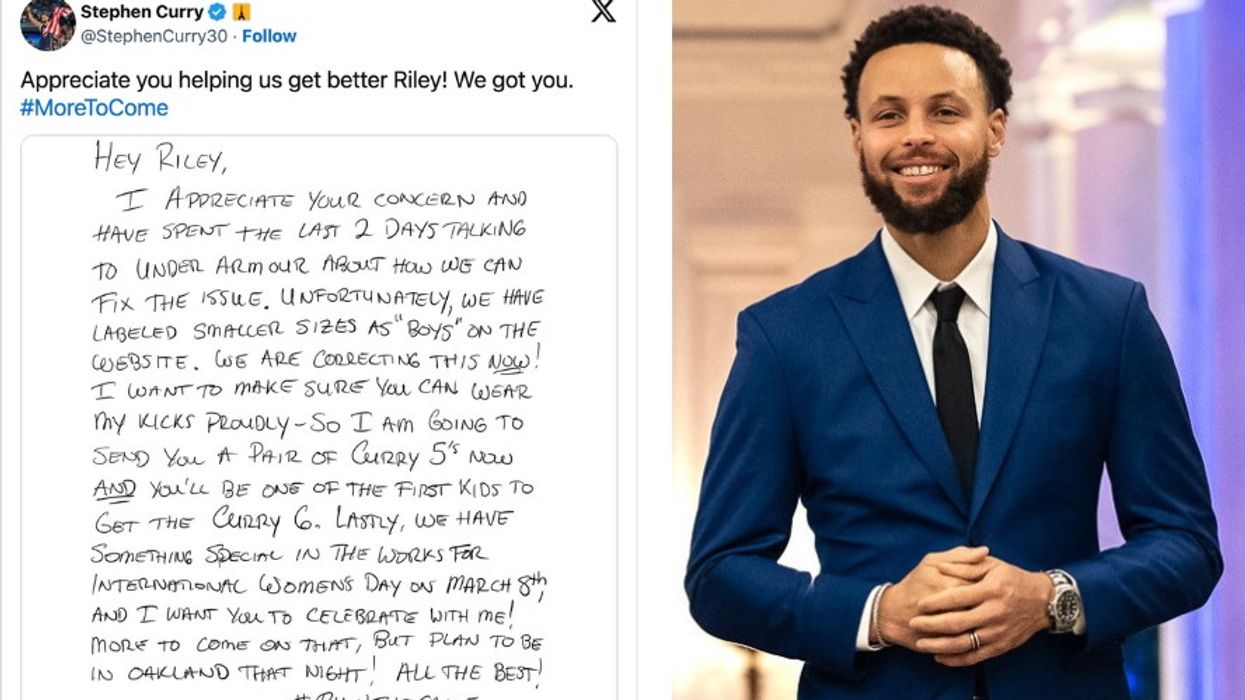


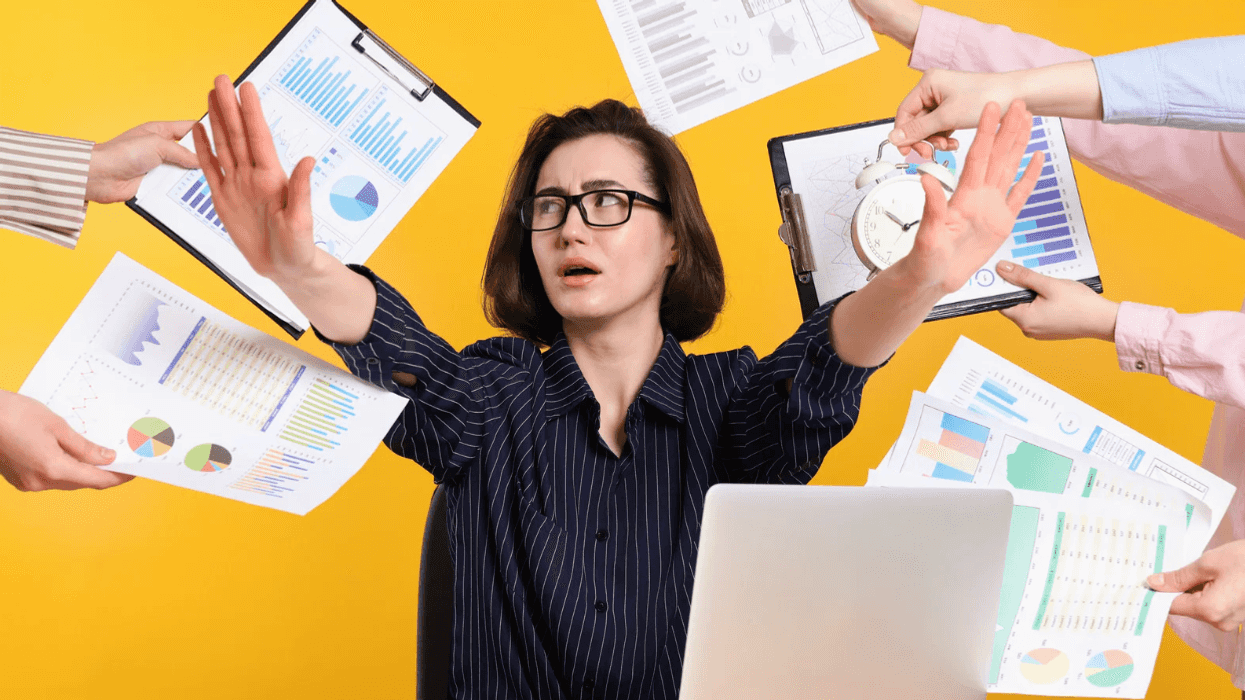








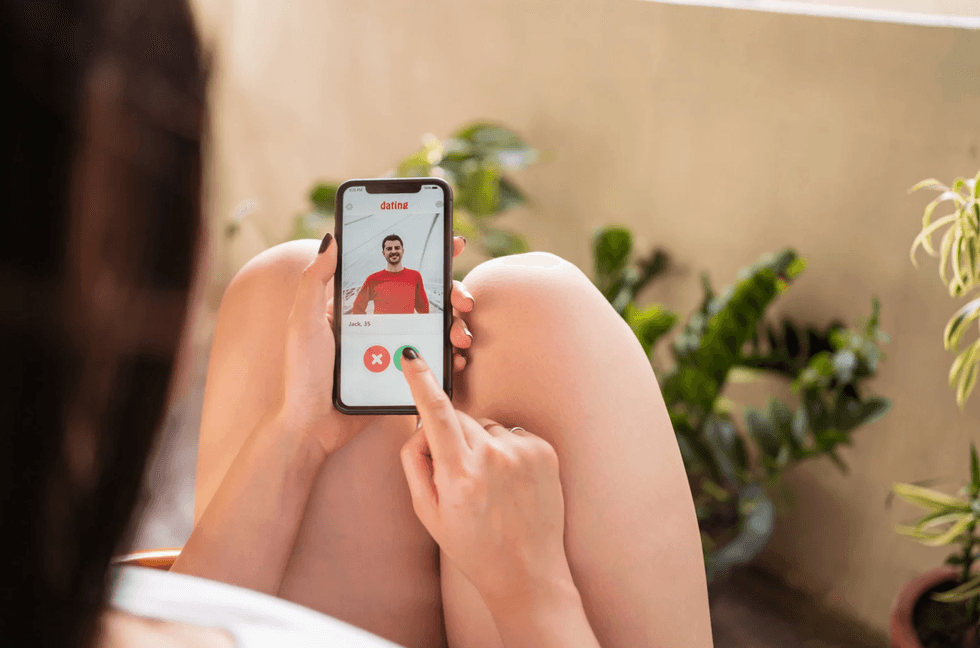 A woman scrolls through a dating appCanva
A woman scrolls through a dating appCanva
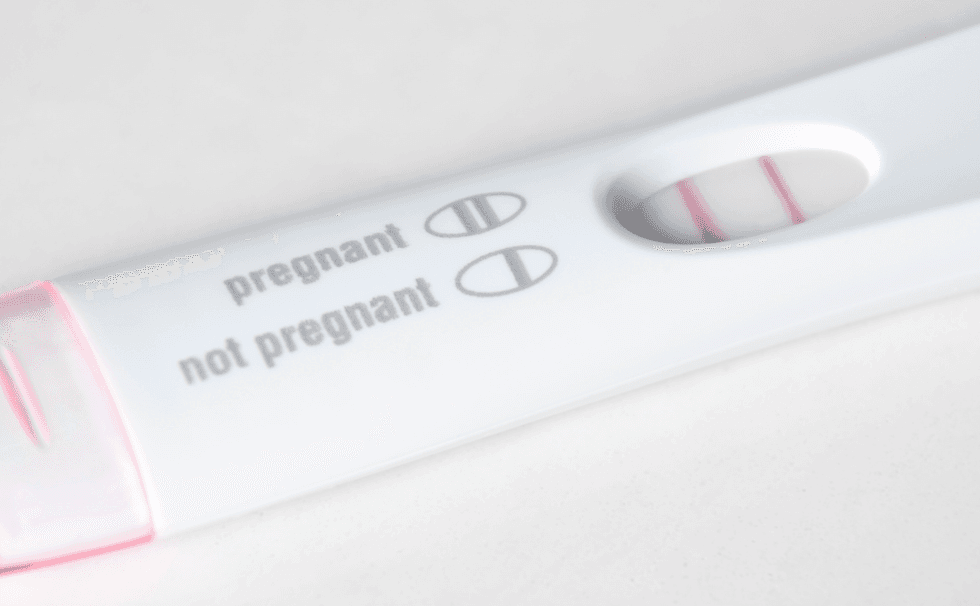 A home pregnancy test Canva
A home pregnancy test Canva
 Openly choosing the one you like best can help break down stigmas.
Openly choosing the one you like best can help break down stigmas.
 A young woman scrolling on her phoneCanva
A young woman scrolling on her phoneCanva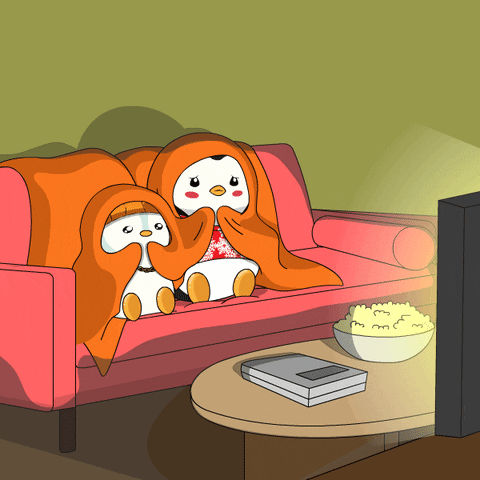 Gig of two cartoon penguins watching TV via
Gig of two cartoon penguins watching TV via 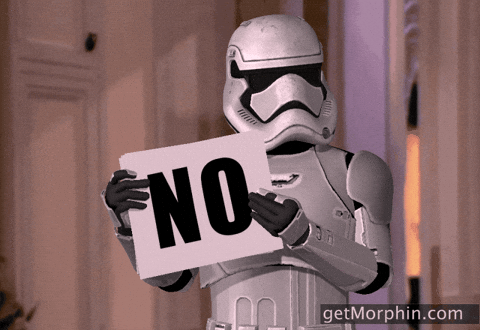 Gif of a storm trooper flipping through sings that say 'no' via
Gif of a storm trooper flipping through sings that say 'no' via 